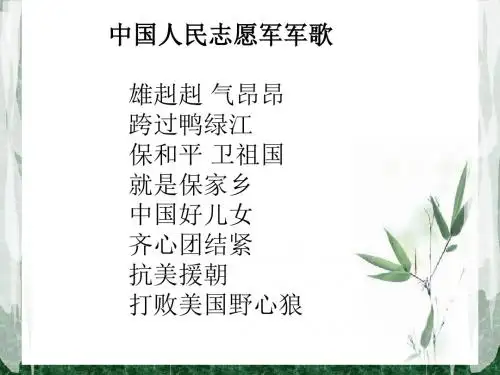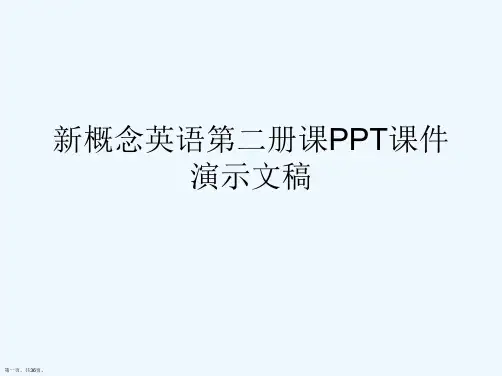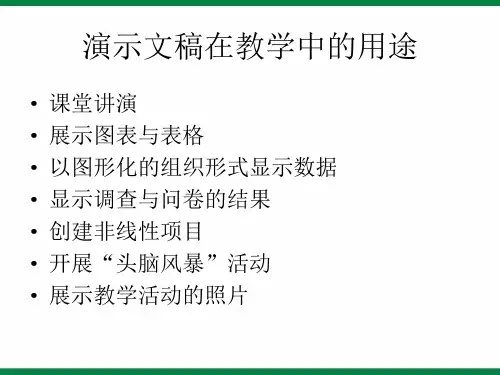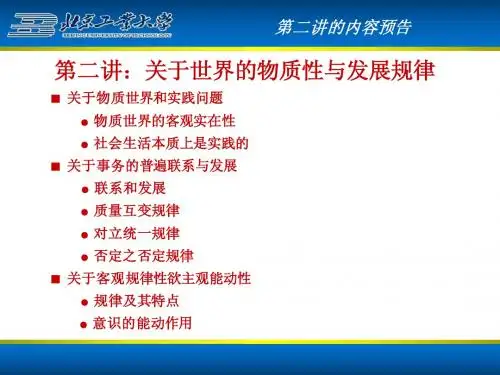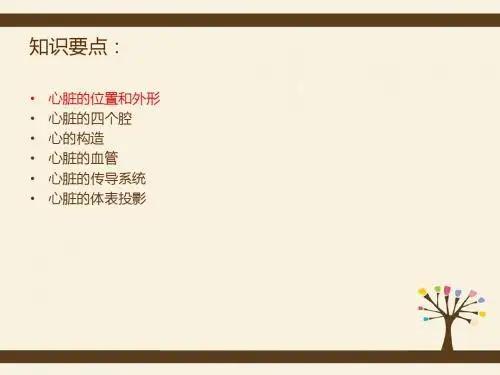——>He always says that he is tired out.
2)当主句的谓语动词是将来时的时候, 如: He will say, “I’ll try my best to help you.”
——>He will say that he will try his best to help me.
第二十二页,共36页。
1)时间状语:
直接引语 (间接引语)
now (then);
today (that day);
tomorrow (the next / following day ) next week (the next / following week)
yesterday (the day before)
football after school.” ——> He said that when he was a child, he usually played football after school. 5)当直接引语是客观真理或自然现象时,
第二十页,共36页。
如: Our teacher said to us, “Light travels faster than sound.” ——> Our teacher told us that light travels faster than sound. 6)当引语是谚语、格言时, 如: He said,“Practice makes perfect.” ——>He said that practice makes perfect. 7)当直接引语中有情态动词should, would, could, had
作为一名护士,你应该对病人十分耐心。

